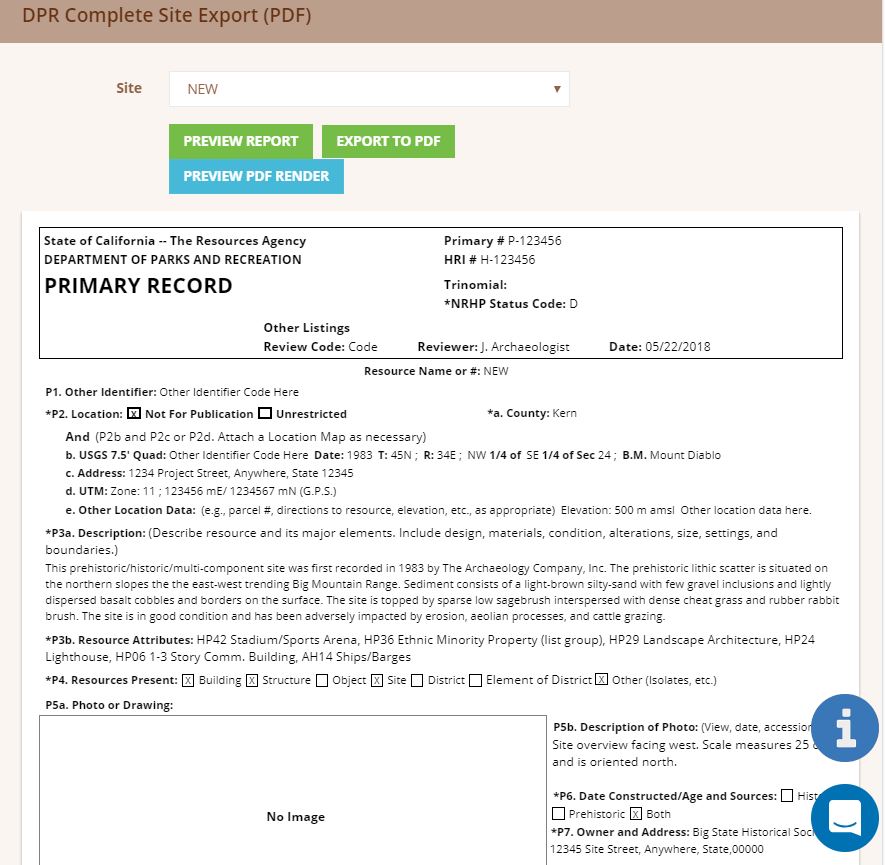Do you have to publish to be an archaeologist?
The other thing Tom King is wrong about is that you don’t have to publish to be an archaeologist. Let me explain.
I shared a link on my Facebook page to a podcast from Joe Schuldenrein: http://www.voiceamerica.com/episode/82755/students-uncovered-experiences-and-perceptions-from-archaeology-graduate-students
On that episode Joe interviewed a couple of grad students and asked them about their program and what their plans are. The show was completely from a grad student perspective.
Along with the post on Facebook I commented that it was a good episode but ignored the fact that most archaeologists don’t have a graduate degree. Then Tom started commenting.
Basically, Tom said that the industry standard for getting hired at a museum or university is that you have to publish. Sure, I’ll buy that. The problem is that most archaeologists in the United States work in Cultural Resource Management (CRM). Most CRM archaeologists (Tom is cringing at that term right now) are field technicians. Most field technicians have a BA/BS in anthropology or archaeology. So, most archaeologists do not have graduate degrees.
I explained this and the conversation turned to whether field technicians are archaeologists at all. Just because they dig holes and walk lines doesn’t make them archaeologists, according to Tom. If they don’t do research and they don’t publish, then they just aren’t archaeologists.
Wow. What they hell do we call them, then?
What is an archaeologist?
An archaeologist is someone that studies the material remains of human activity. The papers and reports that are written about archaeological topics are based on data from the field. Those data are collected by field technicians. Field technicians need to be able to identify artifacts and sometimes assess the condition of sites. They need to have a knowledge of many different types of artifacts and features in order to do their jobs. Anyone can dig a hole, but, not everyone can determine the soil horizons they’re digging in and what they mean. Not everyone can look at a piece of glass and know that it’s from 1970 so we shouldn’t waste our time there. Of course these things just take training, but, it’s that training, on top of a degree, that makes a person an archaeologist.
Do you need a degree to be an archaeologist?
Yes. You want more? Fine. You need a degree because going through college gives you a perspective that people that don’t go through college just don’t have. Over the course of an anthropology or archaeology BA/BS you’ll be exposed to writing, research, and analysis. The quality of those activities is variable, but, you’re exposed nonetheless.
When I was a field technician I freely called myself a scientist. I encouraged others to do the same, even though they saw themselves as shovelbums. In fact, I want to do away with the label “shovelbum”. It’s derogatory and in no way describes the fantastic people that I’ve had the privilege of working with. At my CRM firm I don’t hire shovelbums. I hire archaeologists. Shovelbums can go look for work at Home Depot.
So Tom King is wrong, in my opinion. Archaeology IS important. We SHOULD be licensed. You DON’T have to publish to be an archaeologist.
Eviscerate me in the comments…
Thanks for reading and I’ll see you in the field!!










